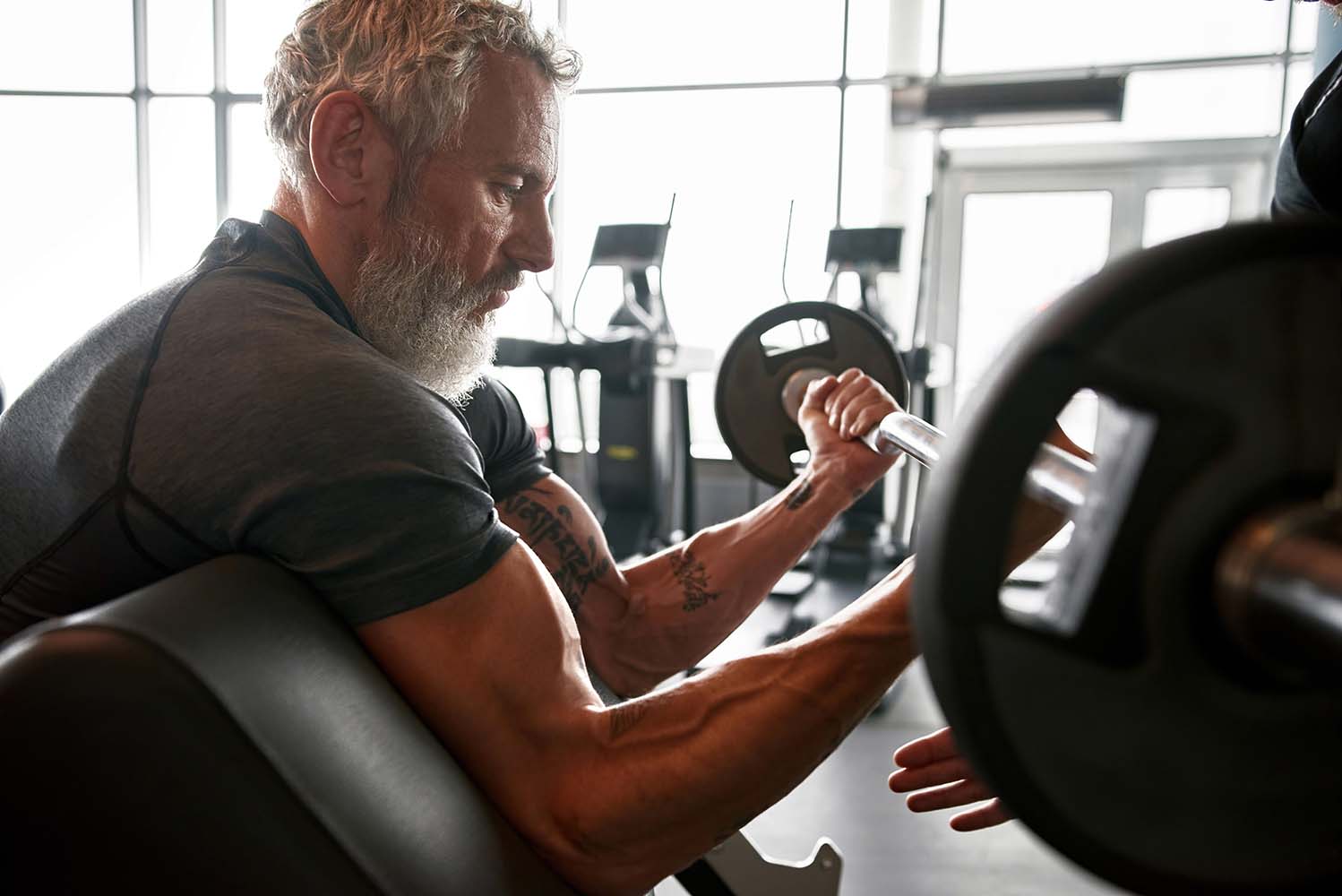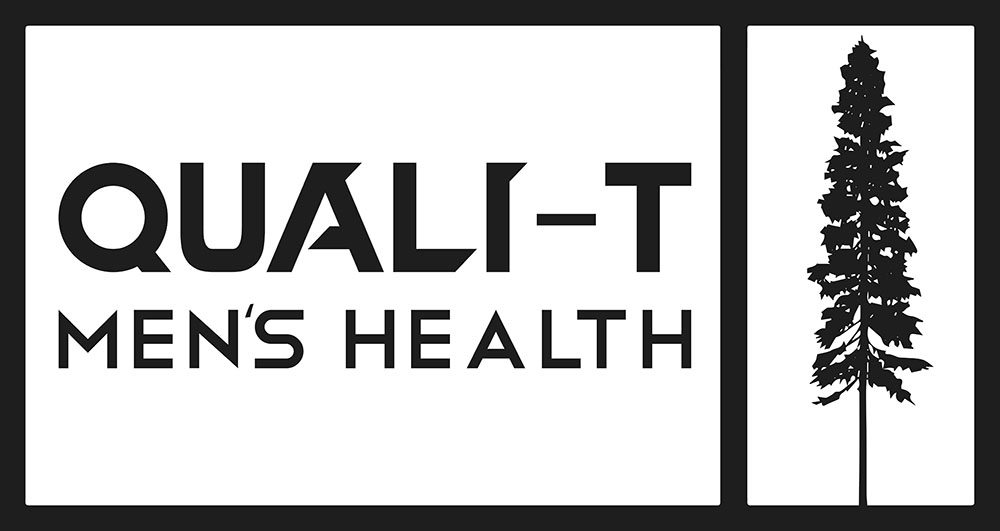
For those considering Testosterone Replacement Therapy (TRT), questions often arise about its potential impact on muscle gain. It is a fair question! Let’s take a look.
- The Role of Testosterone: Testosterone is a key hormone that plays a vital role in muscle development. It promotes protein synthesis, the process by which the body builds and repairs muscle tissues. Higher testosterone levels can contribute to increased muscle mass, strength, and overall athletic performance.
- Individual Responses Vary: While TRT can influence muscle development, individual responses vary. Factors such as genetics, diet, exercise regimen, and overall health play significant roles in determining how the body responds to testosterone supplementation. Some individuals may experience noticeable muscle gains, while others may see more subtle changes. In short: you still have to put in the work.
- TRT as a Supportive Measure: TRT is not a shortcut to gaining muscle without effort. It should be viewed as a supportive measure for individuals with low testosterone levels, a condition that may hinder muscle development and overall well-being. TRT aims to restore testosterone levels to a more balanced and high “normal” physiological range.
- Exercise and Nutrition Remain Key: The foundation of successful muscle gain, whether on TRT or not, lies in a structured exercise routine and proper nutrition. Resistance training, cardiovascular exercise, and a well-balanced diet rich in protein, carbohydrates, and healthy fats are essential components of any muscle-building journey. You must meet the TRT half way.
- Monitoring and Adjustments: We closely monitor individuals on TRT to ensure hormonal levels are within a healthy range. Adjustments to the treatment plan may be made based on individual responses and overall health. This personalized approach is vital to optimizing both the therapeutic benefits and potential side effects of TRT. This is the difference between “normal” and “optimal”.
To sum up, TRT has the potential to positively influence muscle development, especially for individuals with clinically low testosterone levels. However, it is not a guaranteed pathway to significant muscle gains without a dedicated effort in terms of exercise and nutrition. The relationship between TRT and muscle gain is multifaceted, and the key to successful outcomes lies in a holistic and individualized approach to health and fitness. If you are considering TRT, call us today to discuss your specific situation and develop a comprehensive plan tailored to your needs and goals!





